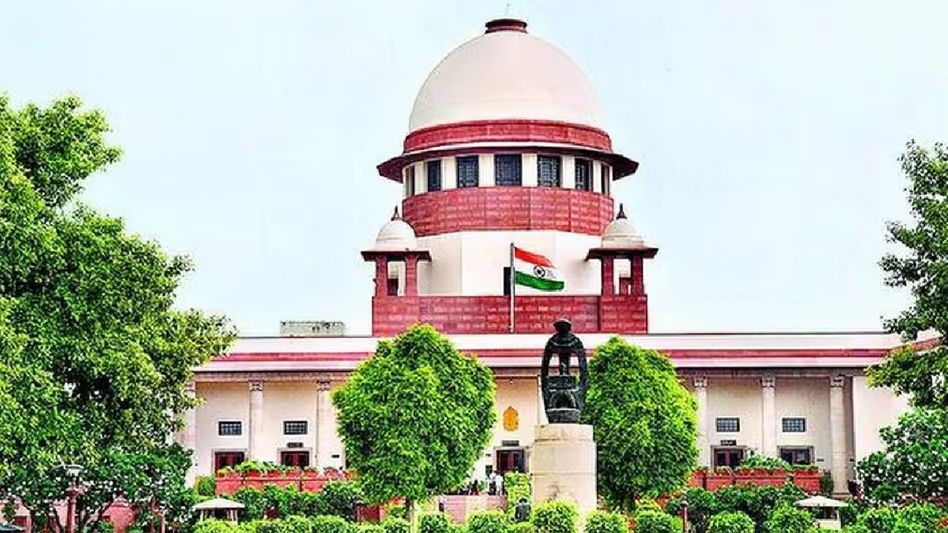Supreme Court ruling: Viewing child pornography now a criminal offence
In a landmark judgment, the Supreme Court of India has ruled that downloading, storing, possessing, and viewing child pornography is a criminal offence under the POCSO Act. The court has also directed the government to update the Act's language to better reflect the severity of the crime.

The Supreme Court of India has recently made a landmark ruling by declaring that downloading, storing, possessing, and viewing child pornography is a criminal offence under the Protection of Children from Sexual Offences (POCSO) Act.
This judgment overturns a Madras High Court ruling from January 2024, which had stated that merely downloading and viewing such material was not punishable, calling it a moral failure rather than a criminal act.
The Supreme Court has directed the government to update the language in the POCSO Act, replacing the term "child pornography" with "child sexual exploitative and abuse material" (CSEAM) to reflect the true severity of the crime. This change is meant to address both the physical abuse of children and the broader use of technology, including AI, in generating explicit material involving minors. The court emphasized that each instance of child abuse, including repeated viewing or sharing of the material, is a violation of the child's dignity and rights.
The case came to the Supreme Court through a petition by the Just Rights for Children Alliance (JRCA), which challenged the Madras High Court's ruling. The petition argued that the earlier decision had wrongly relied on a Kerala High Court judgment that did not adequately address the specific nature of child exploitation. The Supreme Court's bench, led by Chief Justice D Y Chandrachud, condemned the Madras HC ruling, describing it as "atrocious" before reserving its final order.
This ruling comes amid a sharp increase in child pornography cases in India, as highlighted by the National Crime Records Bureau (NCRB), which noted a rise from 44 cases in 2018 to 1,171 in 2022.
Bhuwan Ribhu, the petitioner and founder of Just Rights for Children Alliance, hailed the judgment, stating, “India, has once again, paved the way globally by laying down the framework for prevention and protection of children from this transnational and organised crime. This judgment will have long lasting and global impact on society, crime and child rights and will be etched in history. When a person is searching for and downloading ‘child exploitation and abuse material’, they are creating the demand for the rape of our children. This judgment also breaks away from the conventional terminology of ‘child pornography’ which is seen as an adult indulgence and creates the shift in narrative to ‘child exploitative and abuse material’, being a crime."
This ruling marks a significant step in India’s ongoing efforts to combat child exploitation and uphold children's rights.
Copyright©2025 Living Media India Limited. For reprint rights: Syndications Today









